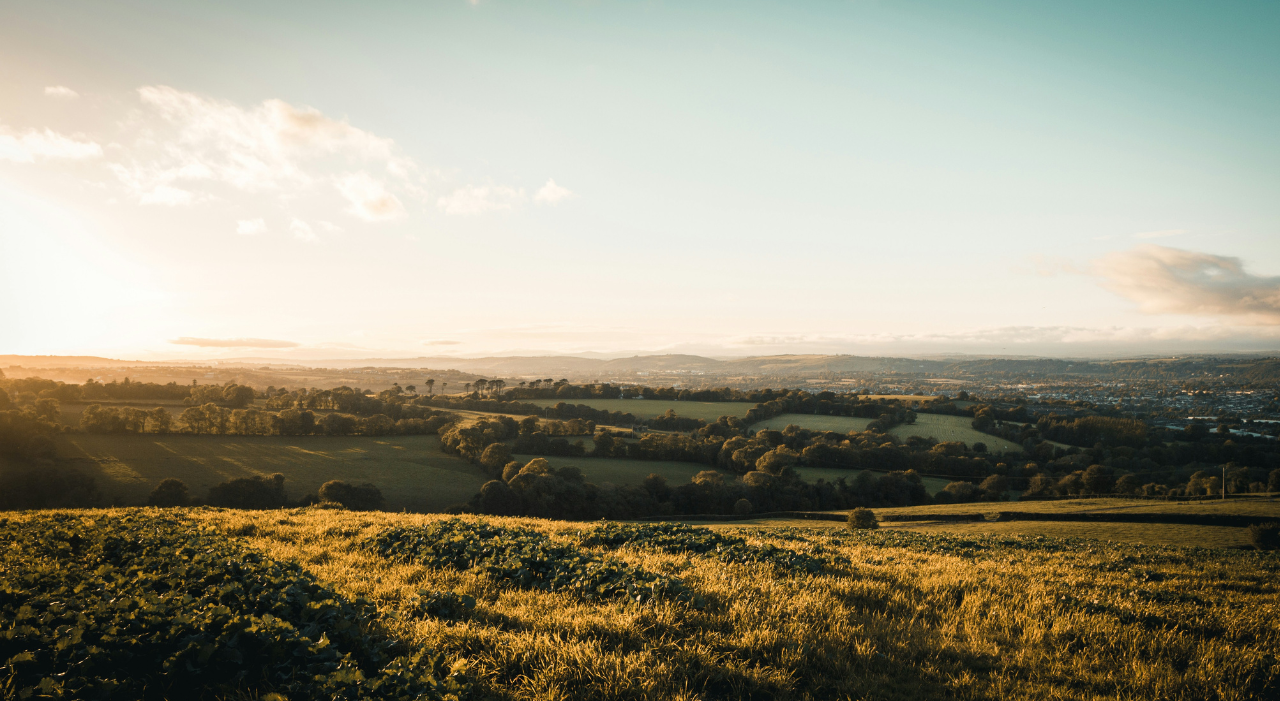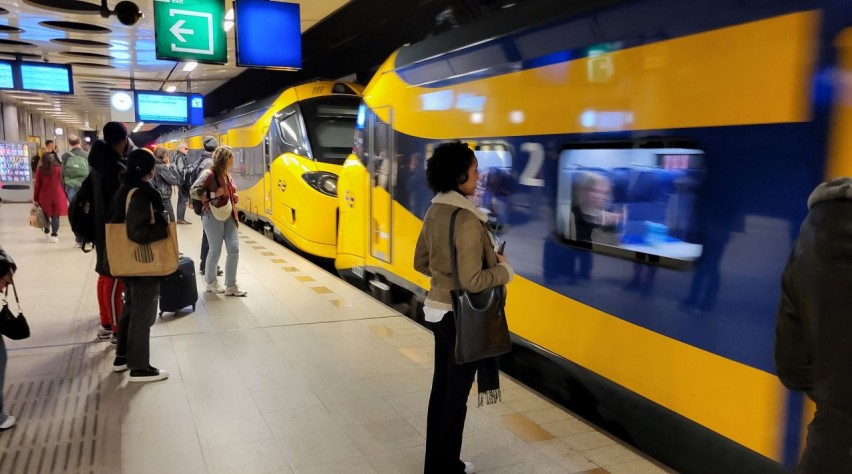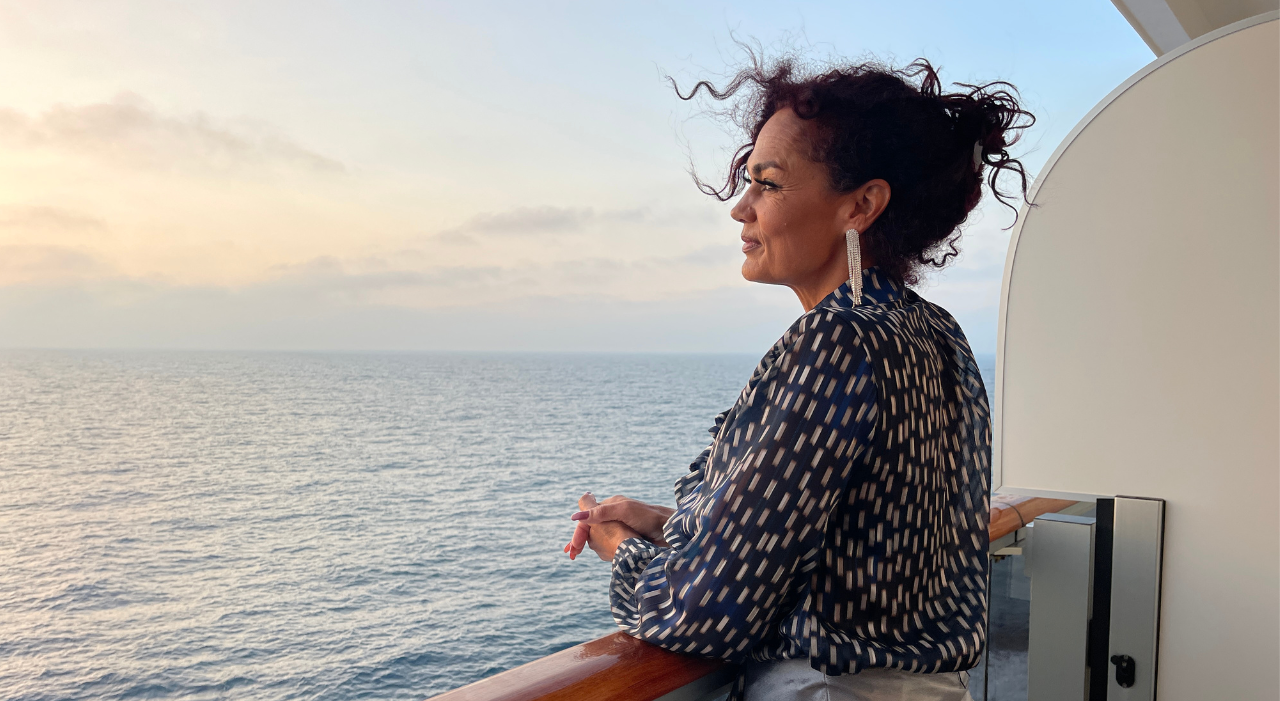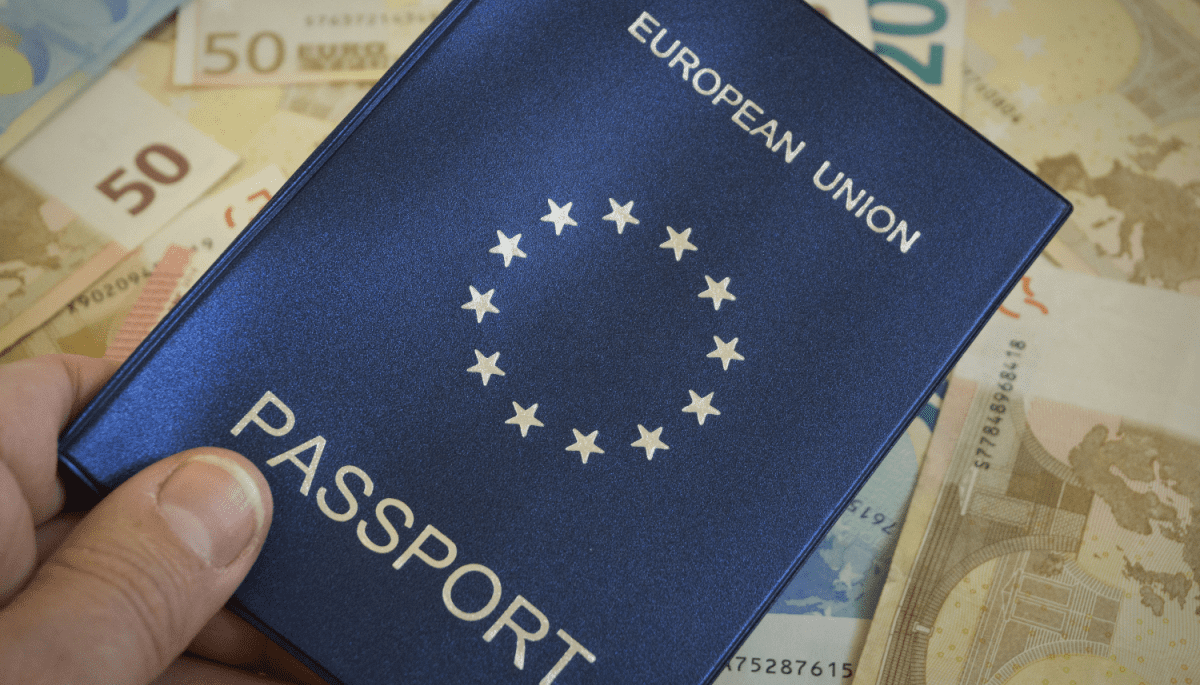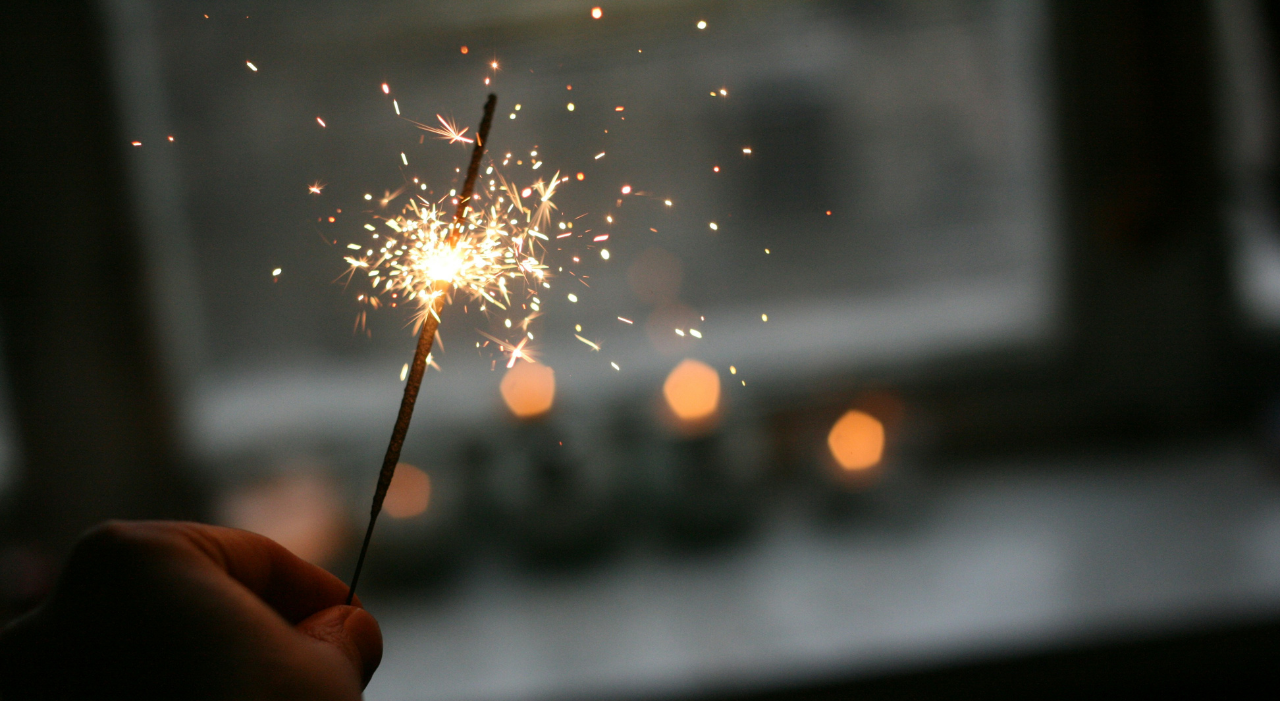Hope for Surinamese Dutch after 50-year fight for settled status – DutchNews.nl

- by maurya18@gmail.com
- June 25, 2024
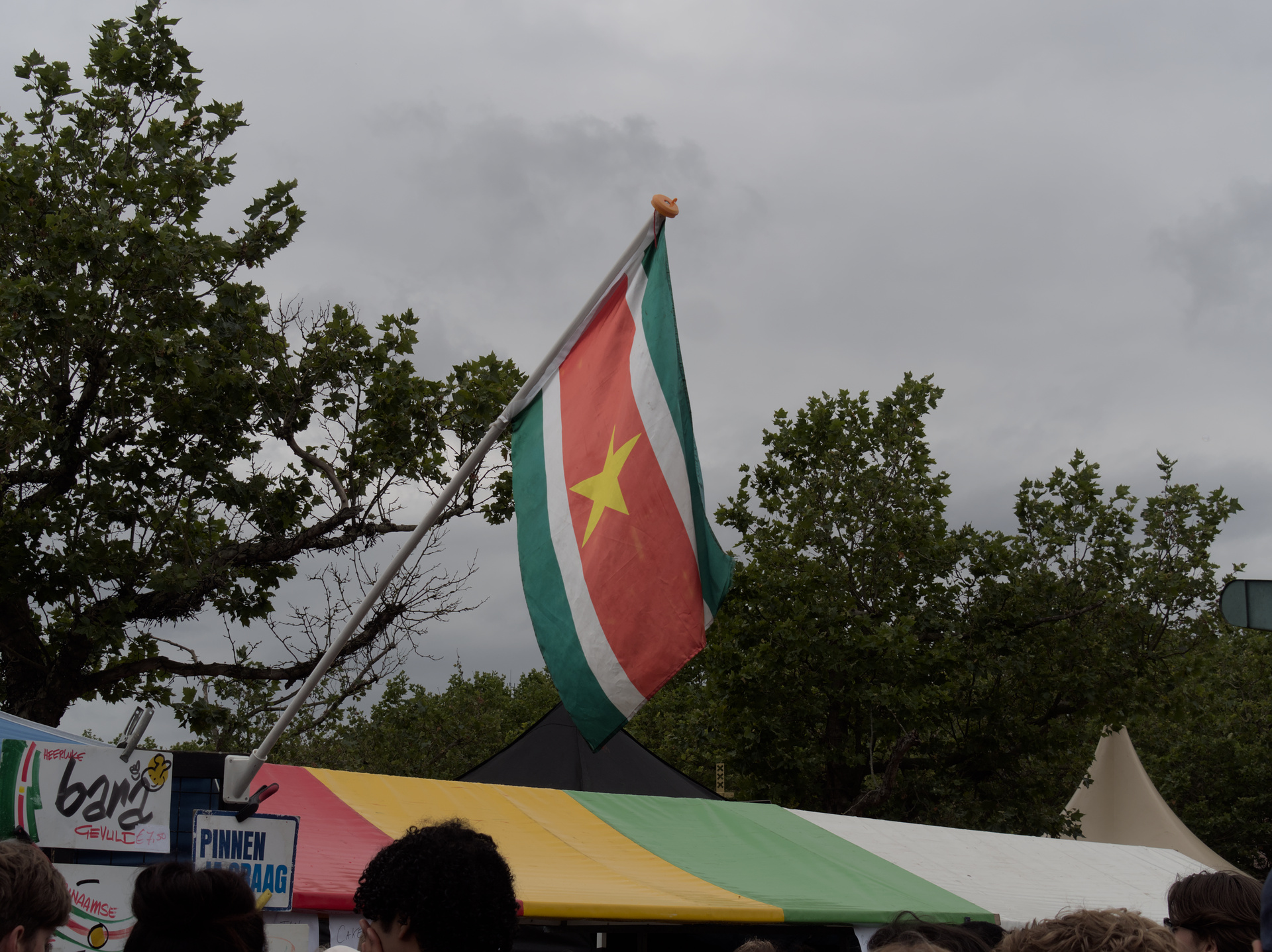
Around 800 people who lost their claim to Dutch citizenship when Suriname declared independence in 1975 are hoping to take a step closer to full residency rights when parliament votes on a motion on Tuesday.
People born in Suriname before independence were given five years to secure their Dutch nationality, but hundreds who failed or were unable to do so while living in the Netherlands became undocumented citizens.
Some of the group were infants at the time and are now in their late forties, having spent their whole lives with no right to work, travel out of the country or obtain health cover. The oldest members are thought to be in their eighties.
Henri Bontenbal, leader of the Christian Democrat (CDA) party in parliament, has submitted a motion to grant Surinamese-born residents permanent residency, which is expected to be backed by a majority of MPs.
The task of issuing them with residency documents will fall to the new minister for asylum and migration, Marjolein Faber of the far-right PVV party.
Unable to work
Lydia Renfrum, 50, told NOS she had spent years as a volunteer cook in an elderly people’s home for years because she was ineligible for paid work.
“It’s exhausting to be constantly anxious and unsettled about simple thinks like not being able to show identification. It makes it difficult for me to concentrate and makes me forgetful,” she said.
“My passion is looking after people. If I get settled status, I want to train in healthcare.”
Campaign organisations such the Regenboog Groep and Human Rights Initiatives have spent years trying to secure settled status for the group. The outgoing cabinet had intended to grant them the right to stay, but collapsed last July before it could bring legislation forward.
Eva Bezem, a lawyer representing some of the group’s members, said they had been excluded from an earlier change in the law allowing people whose Dutch nationality had lapsed while living abroad to reclaim it.
“I think it’s remarkable, resilient and powerful that they have displayed so much patience for all these years,” she told NOS. “They have had great confidence that a good solution would come, even when the odds seemed against them.”
The Latest News
-
December 21, 2024Bondscoach rolstoelbasketbalsters op non-actief na meldingen grensoverschrijdend gedrag
-
December 21, 2024Tot en met 31 maart geen voetbal in Nederland
-
December 20, 2024Nederland – Griekenland op tv: hoe laat en op welke zender kijk je naar Oranje?
-
December 20, 2024Travel Legends organiseert bijzondere wijnreis met topsommelier Noël Vanwittenbergh – Reisbizz
-
December 20, 2024NBA publiceert Alert vanwege late implementatie CSRD in Nederland
